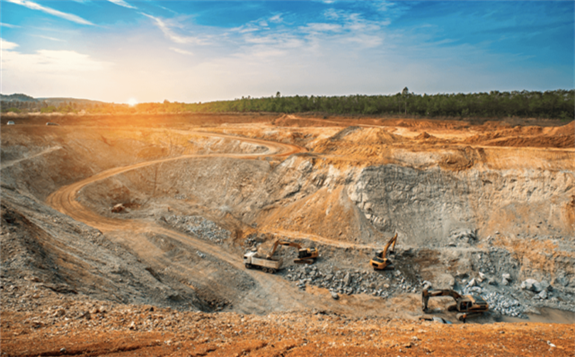Chilean governmental organisation CORFO is providing support to a project developing hybrid power train modules for Chilean mining, replacing conventional diesel ones with ones made up of state-of-the-art batteries and hydrogen fuel cells.

Led by CSIRO Chile, Engie and Mining3, the ‘Hydra’ project will reduce 100% of greenhouse gas emissions from mining vehicles, extending to the entire mobility sector, enabling the development of a new economic pole based on green hydrogen.
“We are convinced that sustainable recovery is essential to create a more resilient and solid economy for the future,” said Pablo Terrazas, Executive Vice-President of CORFO.
“In this sense, promoting the development of a new industry such as green hydrogen, respectful with the environment and that will also inject more competition and generate thousands of jobs in our country, is key.”
“We hope that the project led by CSIRO Chile, which joins two other projects supported by CORFO and that promote the use of green hydrogen in mining, will be a great contribution in this regard.”
As part of the $1.2m project’s objectives, a prototype of this hybrid power train will be design, manufactured and tested in a test bench where the mining conditions will be replicated, including its operational use profile, under load and different routes and altitude conditions.
The project will study different hydrogen recharge strategies in addition to collaborating in the adaption and creation of protocols and regulations that guarantee safety in its large-scale operations.
“Thanks to CORFO’s support and CSIRO Chile’s alliance with Engie and Mining3, we are taking concrete steps to transform Chile into a producer and exporter of green hydrogen,” Dr. Orlando Jiménez, Executive Director of CSIRO Chile.
“With almost 10 years in Chile and more than 100 in Australia, the collaboration-based CSIRO model puts the Hydra project as a concrete example in this regard.”
This initiative also includes conducting studies on the competitiveness of this innovative green hydrogen technology versus its fossil simile, in order to present business cases that will include an analysis of opportunities and the impact of this technology, thus allowing the evaluation of potential improvements in the mining business.
For this, a collaborative platform will be implemented where mining companies will participate to access real operating conditions, providers of fuel cell technology, hydrogen storage and integration companies, who will contribute with their knowledge and experience in validating this technology; and government entities to advance regulatory issues.
This will allow covering the spectrum necessary for the correct absorption and scaling of innovative technology by end users.